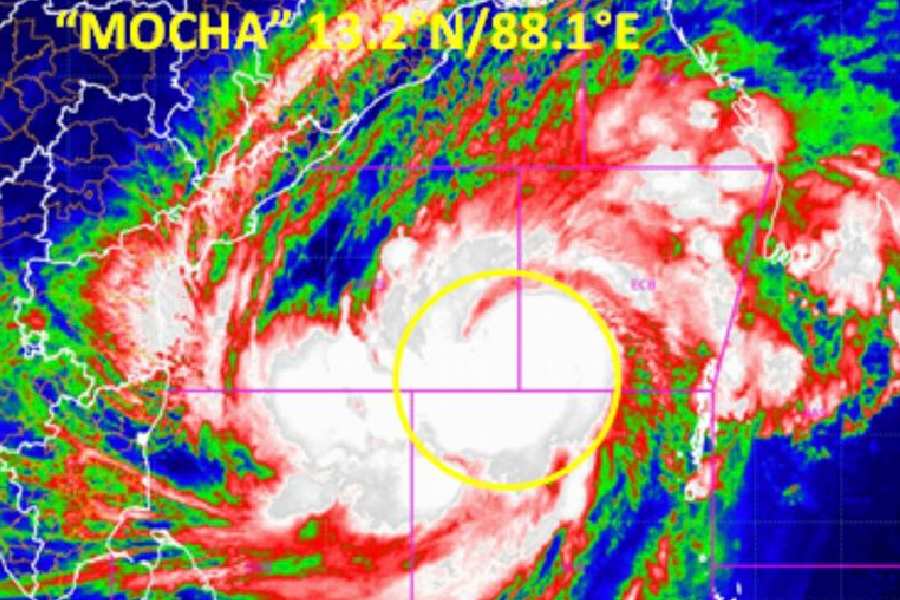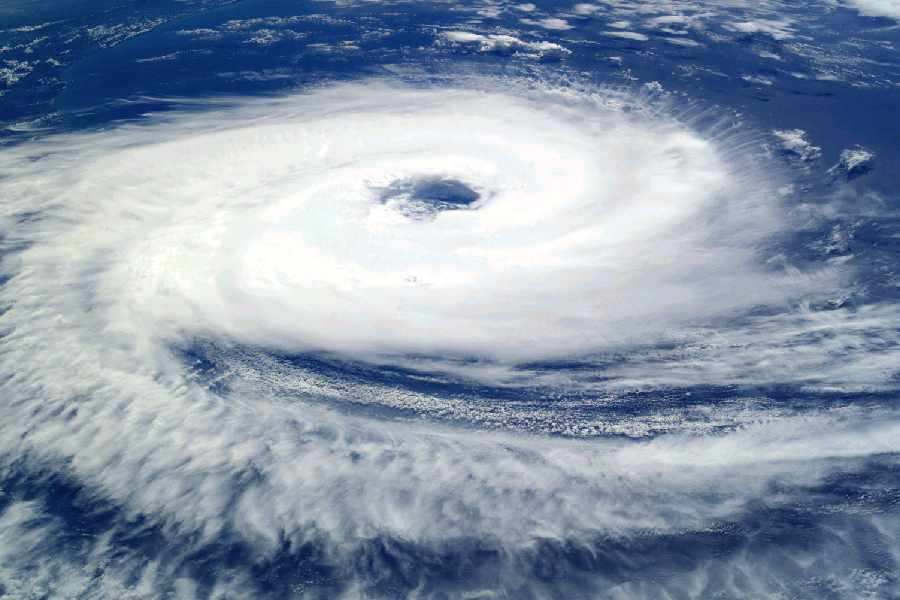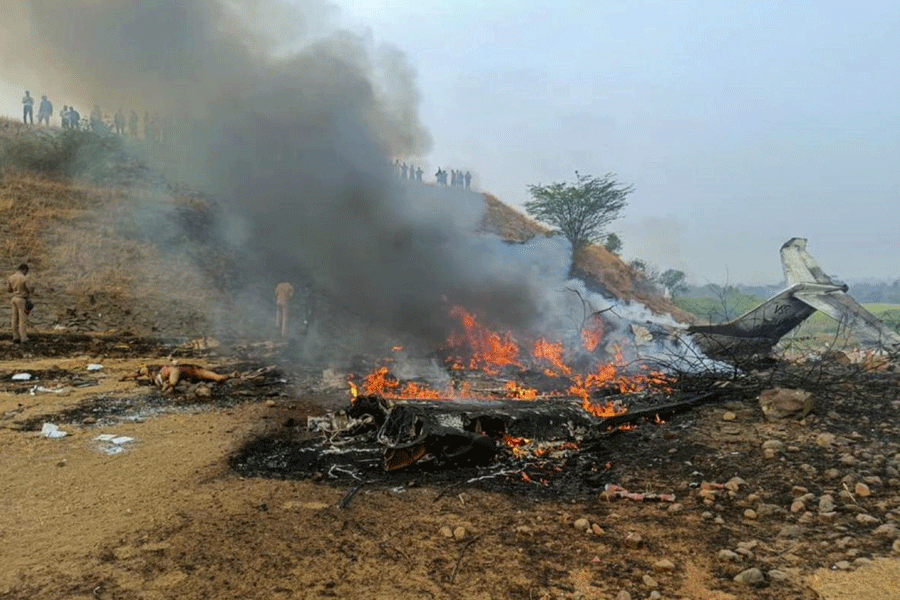Storm surges whipped up by a powerful cyclone moving inland from the Bay of Bengal inundated the Myanmar port city of Sittwe on Saturday, but largely spared a densely populated cluster of refugee camps in low-lying neighbouring Bangladesh.
Some 400,000 people were evacuated in Myanmar and Bangladesh ahead of Cyclone Mocha making landfall, as authorities and aid agencies scrambled to avert heavy casualties from one of the strongest storms to hit the region in recent years.
Vulnerable settlements in Cox’s Bazar in Bangladesh, where more than one million Rohingya refugees live, were left relatively unscathed by the storm that is now gradually weakening. “Luckily, we could escape the worst of the cyclone,” said Mohammad Shamsud Douza, a Bangladesh government official in charge of refugees.
“We are getting some reports of huts damaged but there are no casualties.” Myanmar appears to have borne the direct impact of Cyclone Mocha, as winds of up to 210kmph ripped away tin roofs and brought down a communications tower.
Parts of Sittwe, the capital of Rakhine state, were flooded and the ground floors of several buildings were under water, a video posted on social media by a witness in the city showed. An ethnic militia that controls swathes of Rakhine said a large number of structures in Sittwe and Kyauktaw had been damaged, and schools and monasteries where people had been sheltering were left without roofs. “The whole northern Rakhine has suffered severe damage,” Arakan Army spokesperson Khine Thu Kha said. “People are in trouble.”
Communication networks in Rakhine had been disrupted after the cyclone made landfall, the UN and local media said. Across Rakhine state and the northwest of the country of about 6 million, people were already in need of humanitarian assistance, while 1.2 million have been displaced, according to the UN humanitarian office.
“For a cyclone to hit an area where there is already such deep humanitarian need is a nightmare scenario, impacting hundreds of thousands of vulnerable people whose coping capacity has been severely eroded by successive crises,” UN resident coordinator Ramanathan Balakrishnan said.
Myanmar has been plunged into chaos since a junta seized power two years ago. After a crackdown on protests, a resistance movement is fighting the military on various fronts.
In Bangladesh, where authorities moved around 300,000 people to safer areas before the storm hit, Rohingya refugees inside densely populated camps in Cox’s Bazar in the southeast of the country hunkered down inside their ramshackle homes.
“Our shelter, made of bamboo and tarpaulin, offers little protection,” said refugee Mohammed Aziz, 21. “We’re praying to Allah to save us.” Many of the Rohingya refugees, half-a-million children among them, live in sprawling camps prone to flooding and landslides after having fled a military-led crackdown in Myanmar in 2017.
“The state government has moved many Rohingya from Sittwe camps to higher grounds area,” Zaw Min Tun, a Rohingya resident in Sittwe, said, adding that the evacuation took place without any warning. “They also didn’t provide any food to them, so people are starving.”











